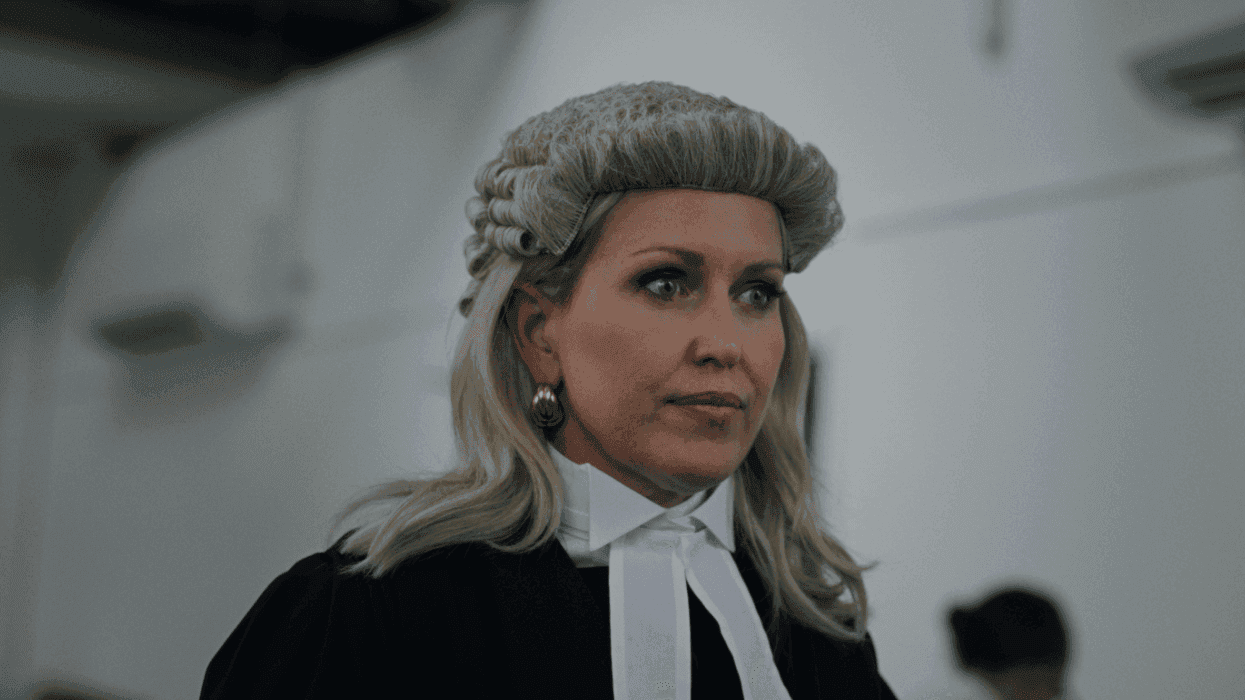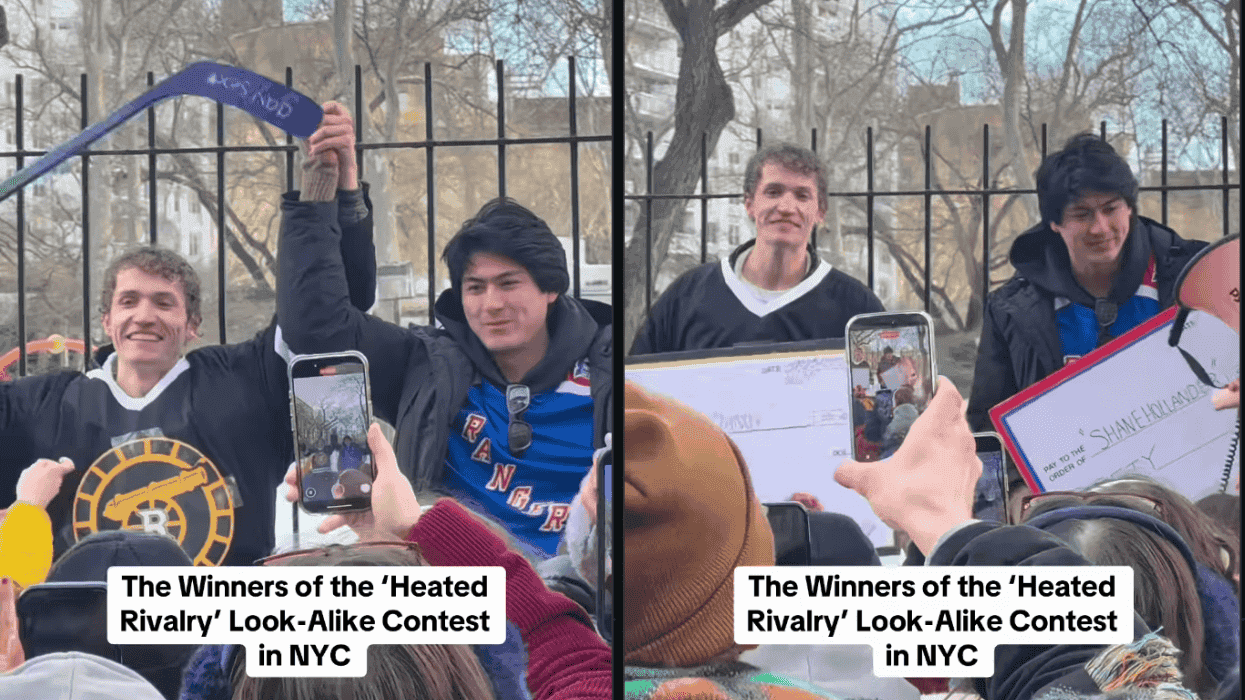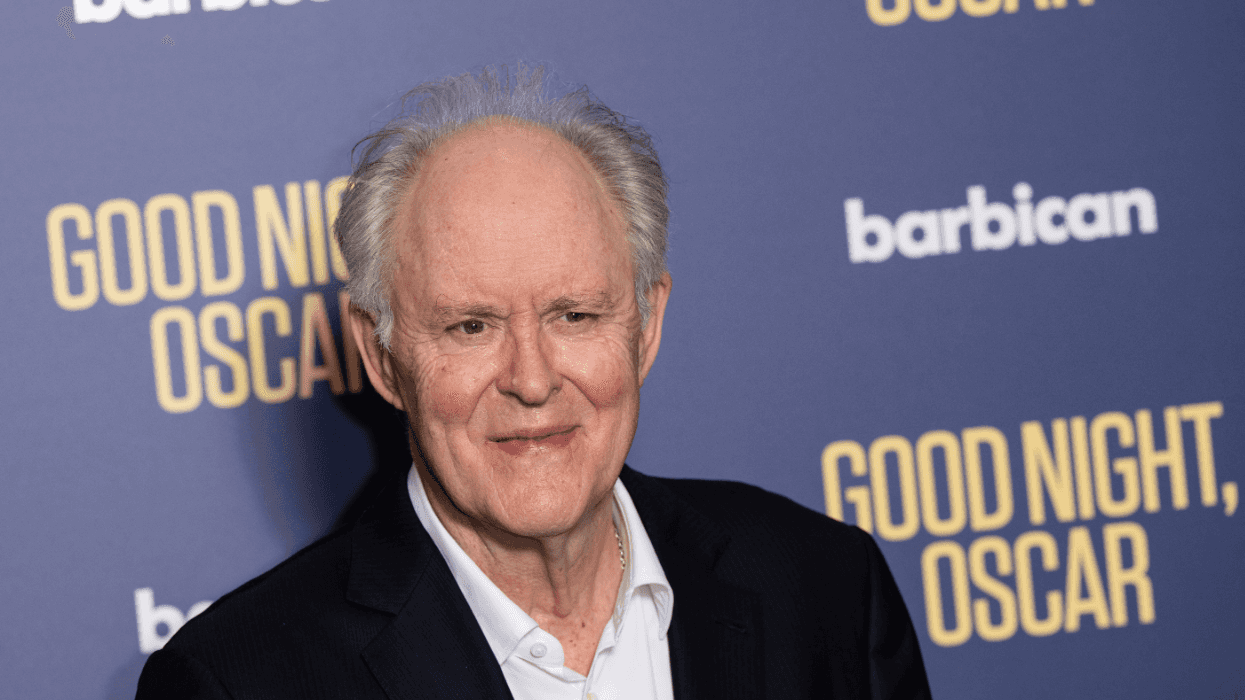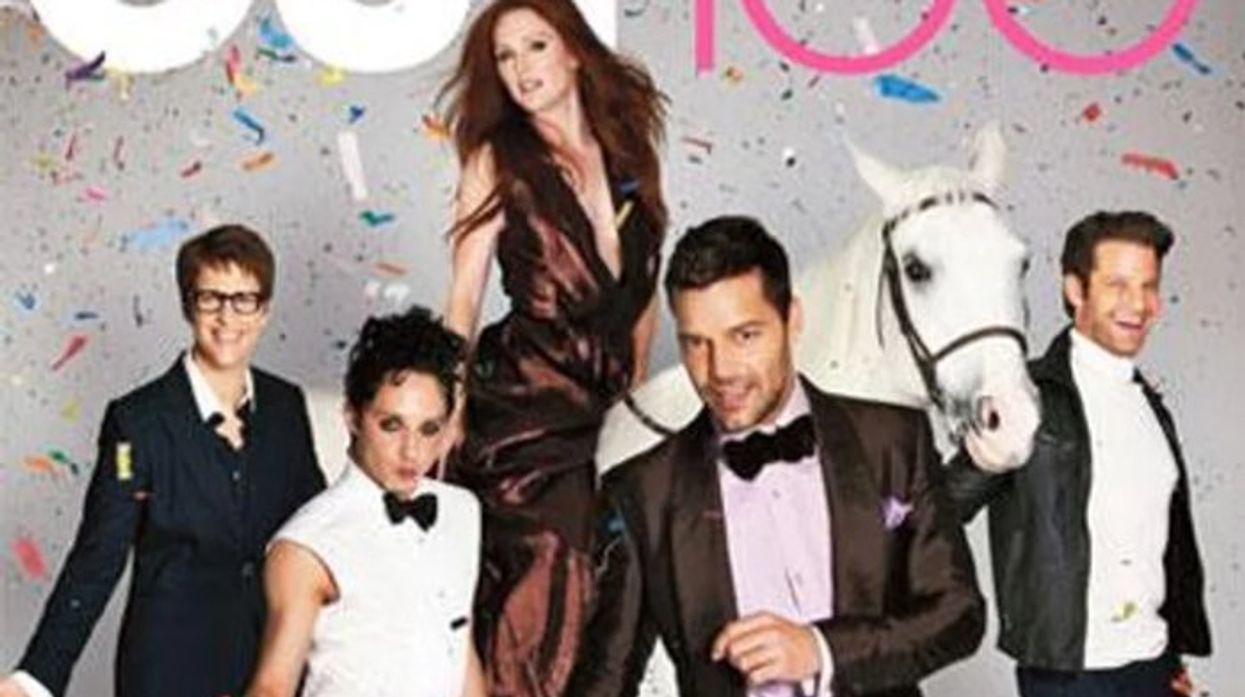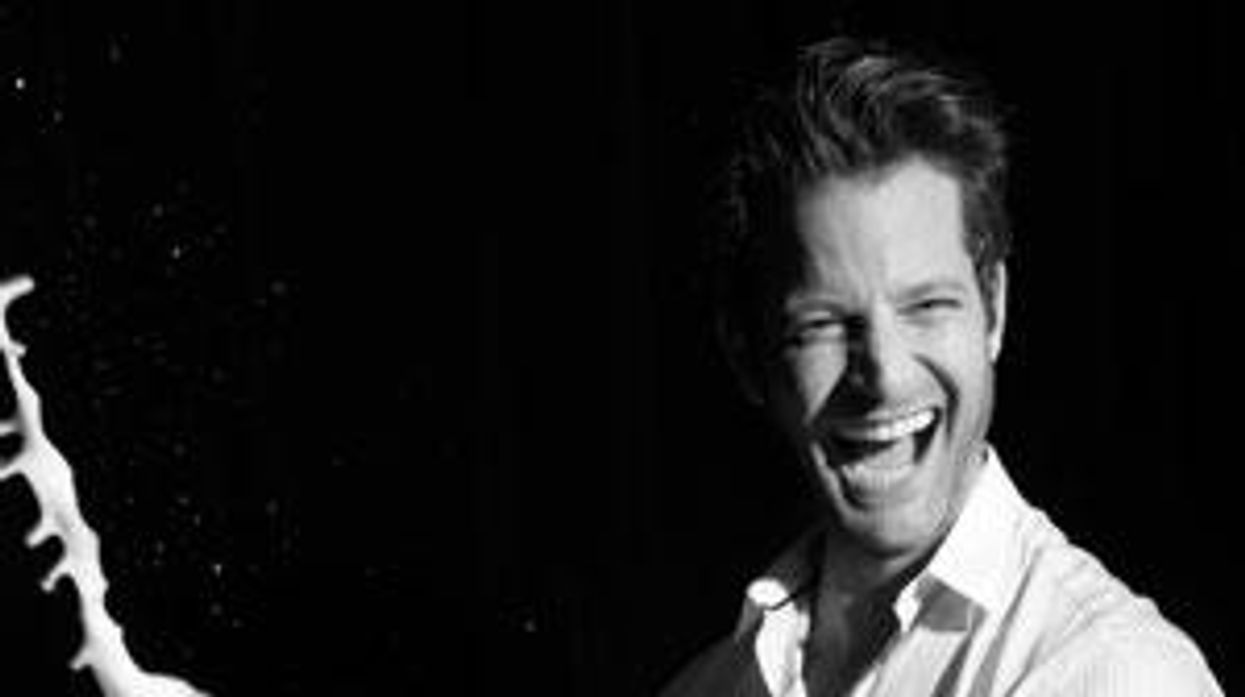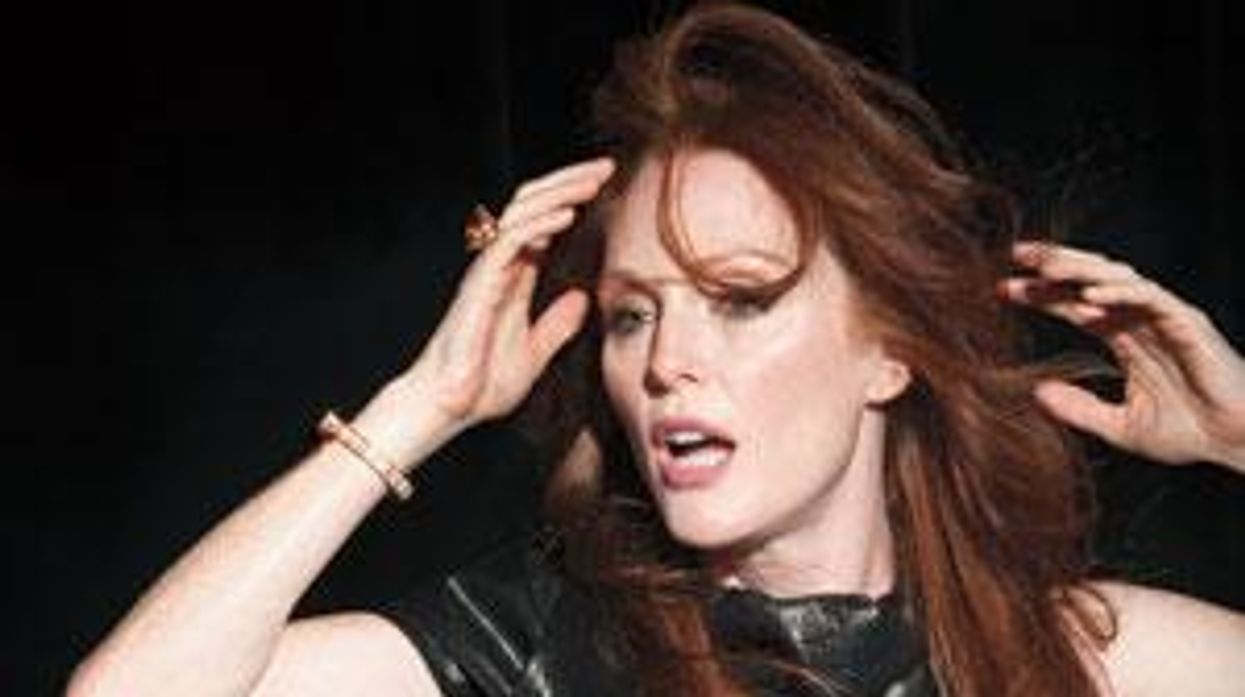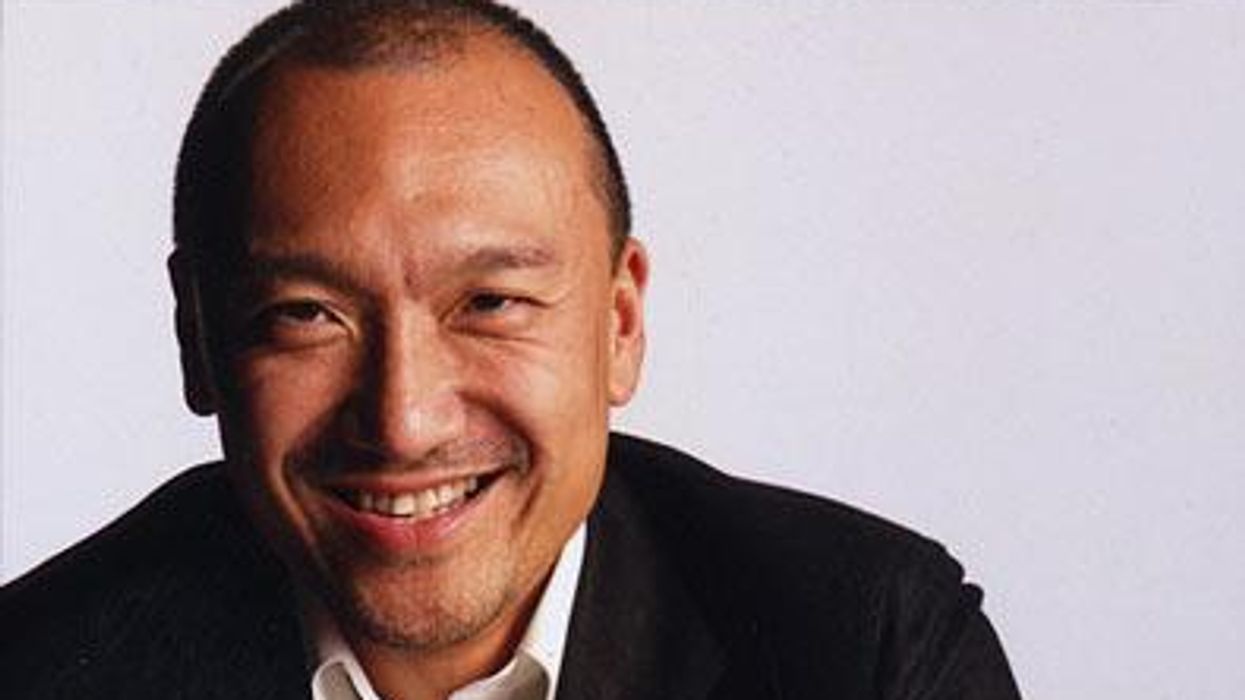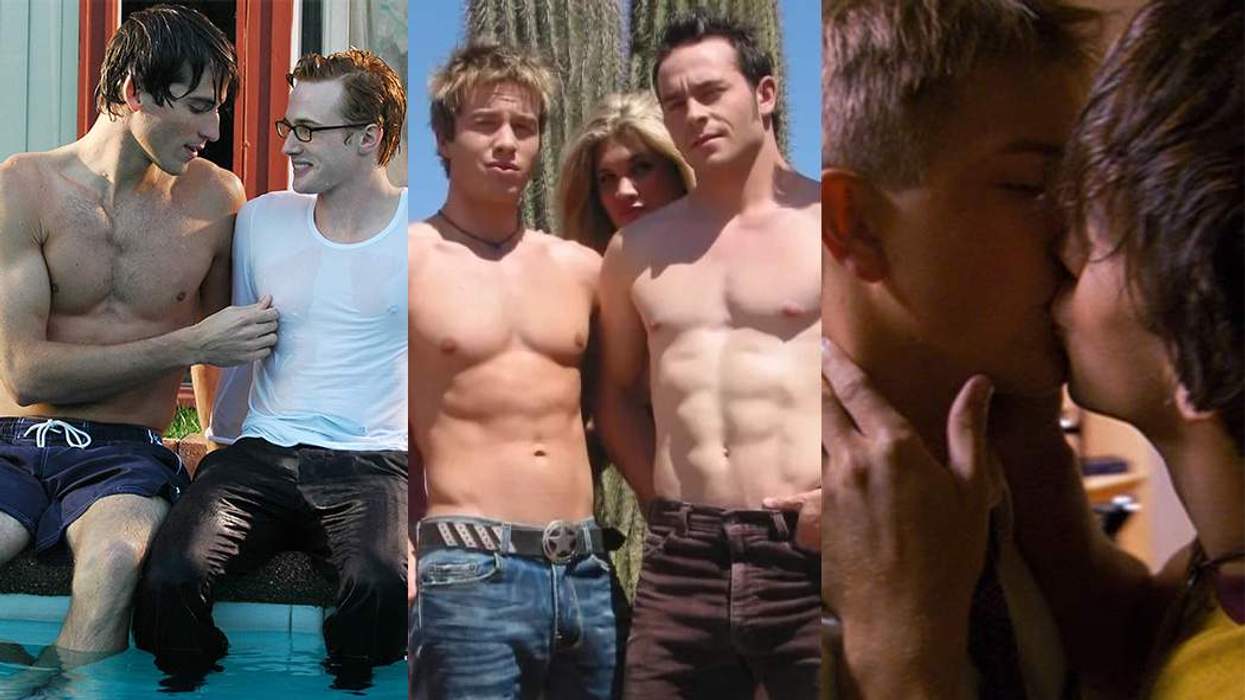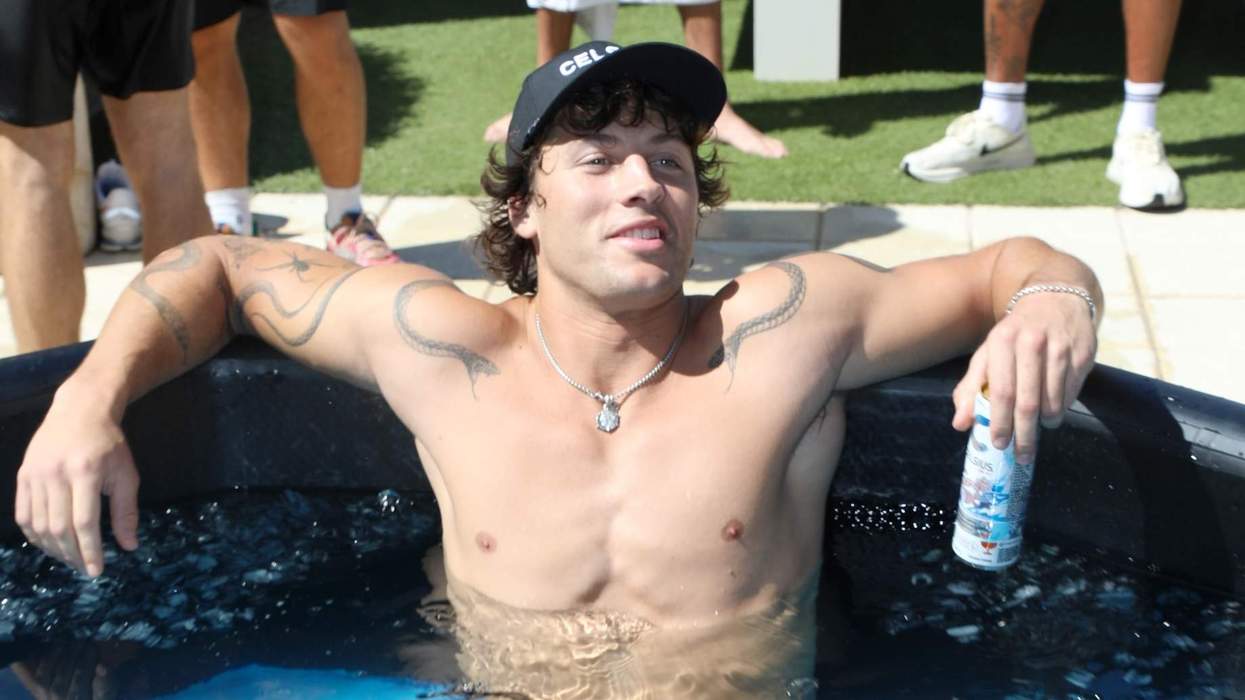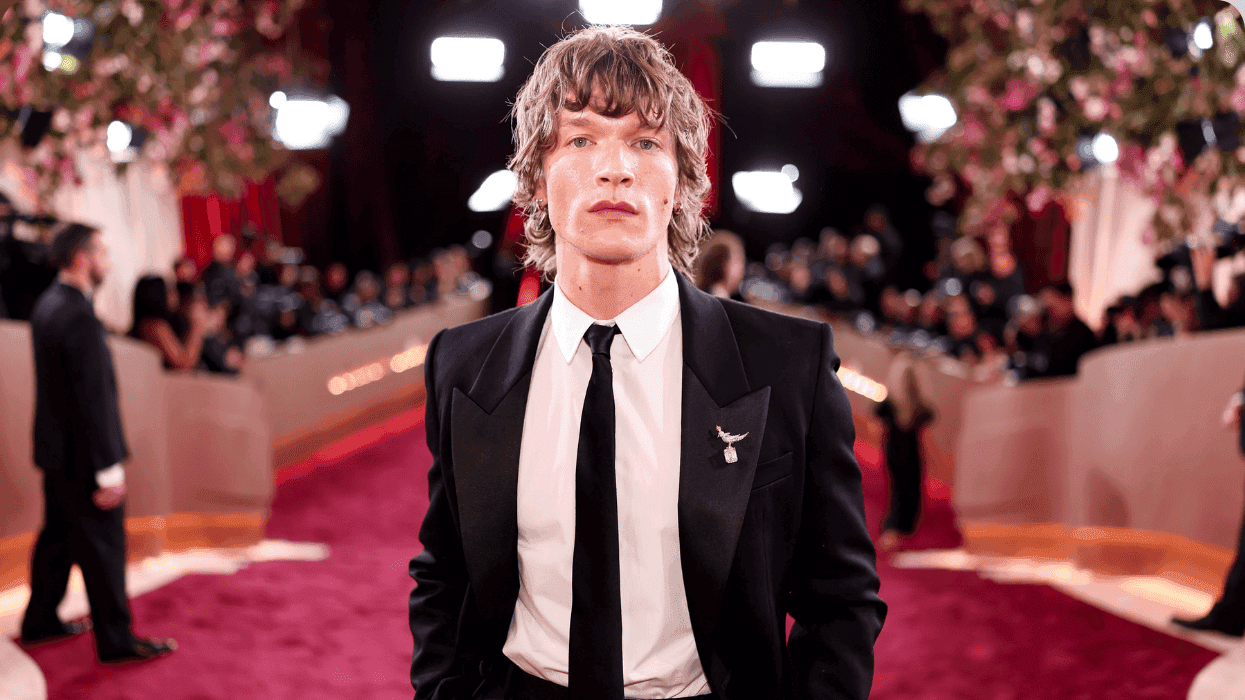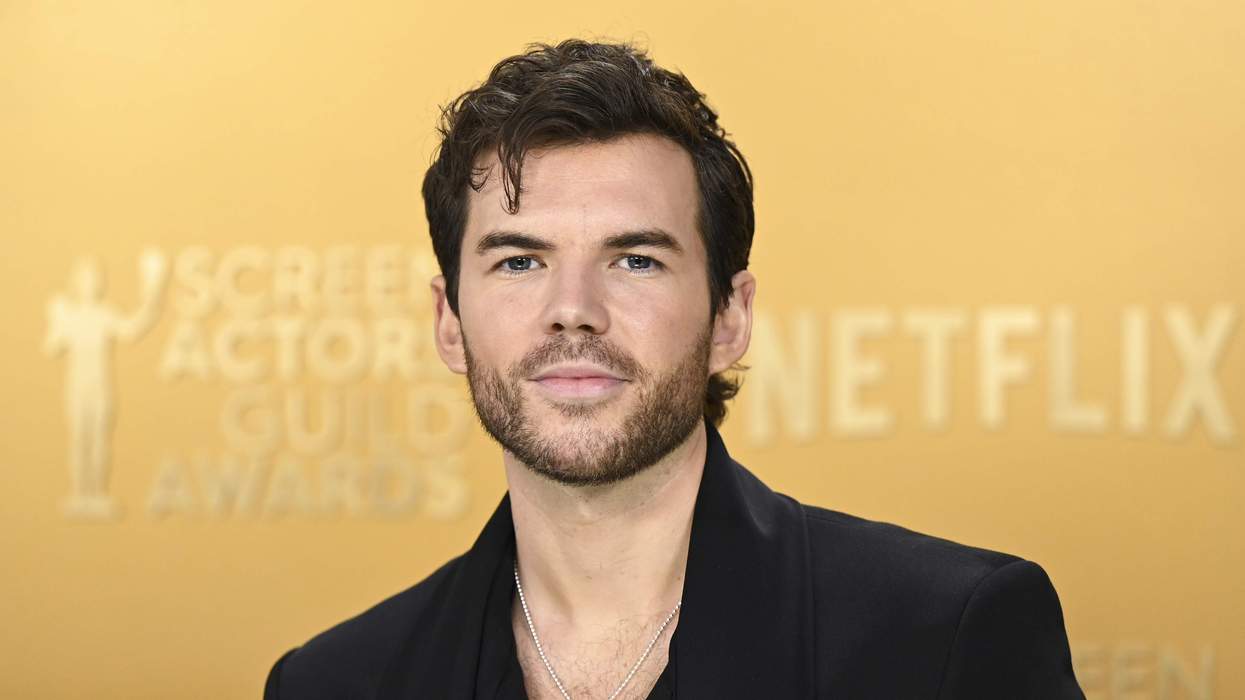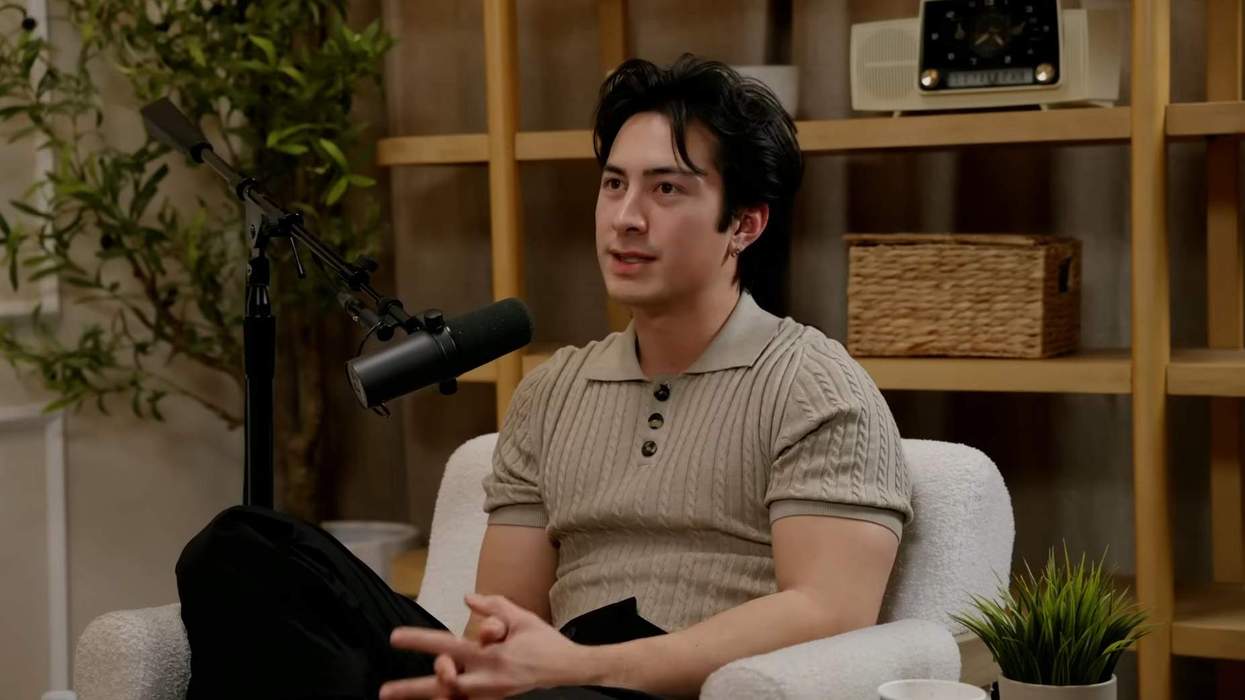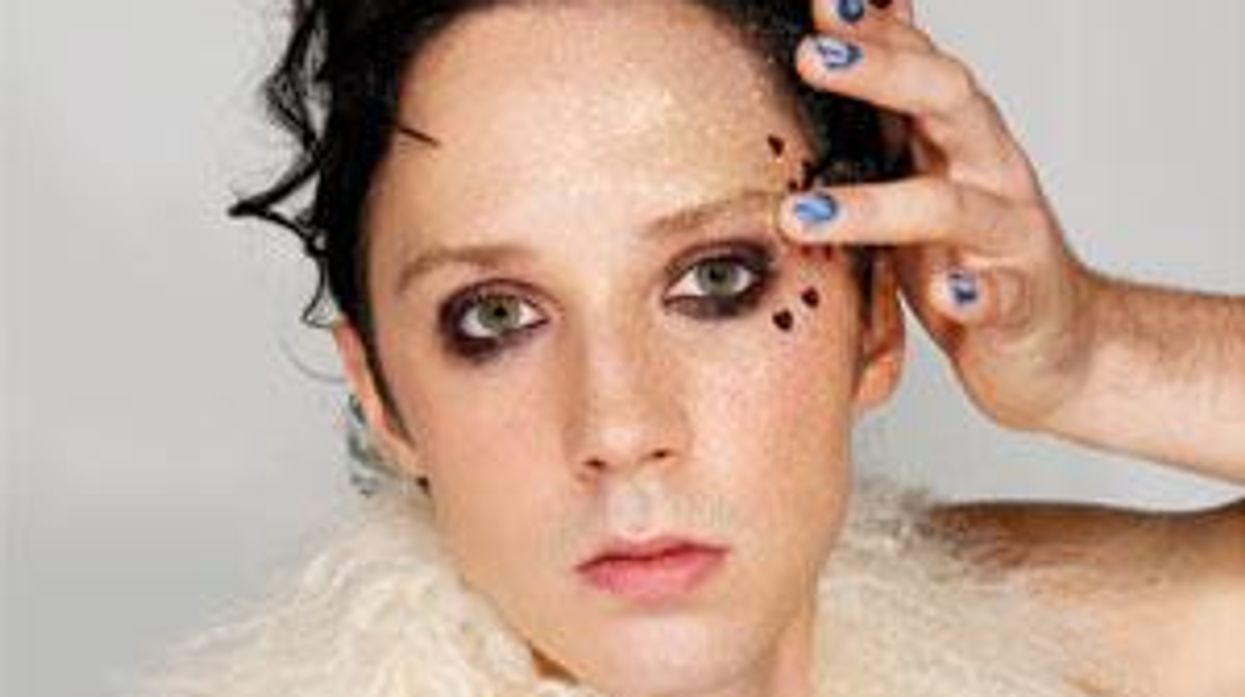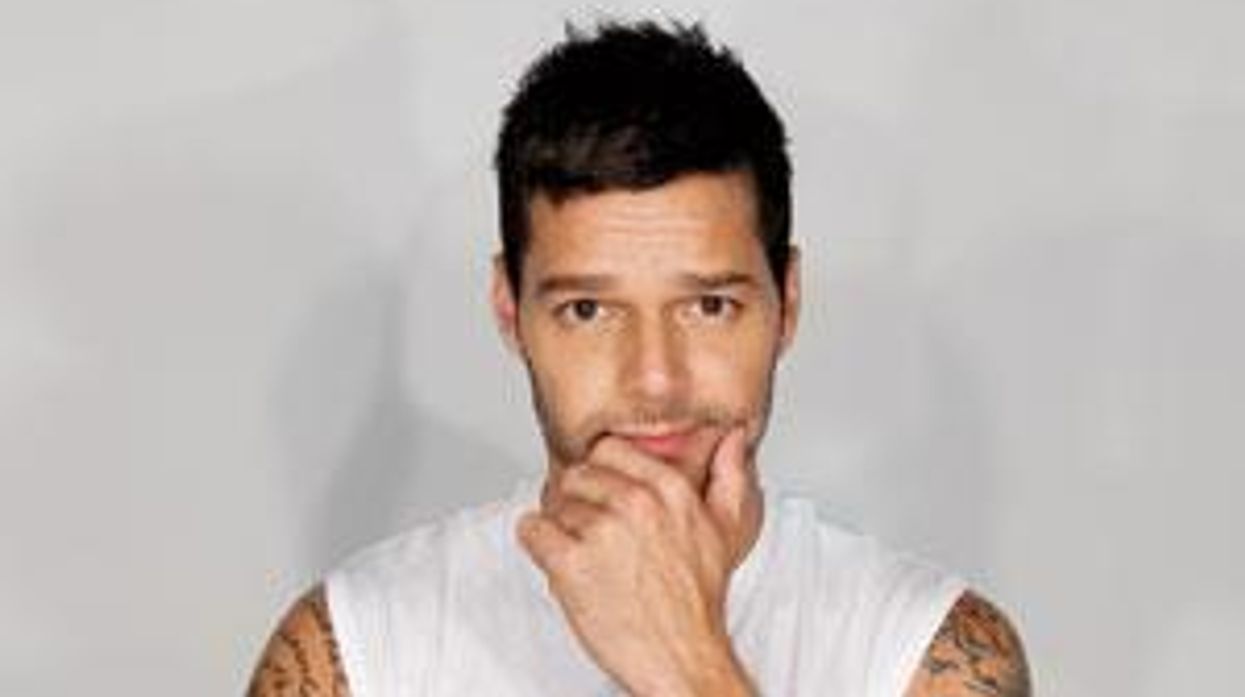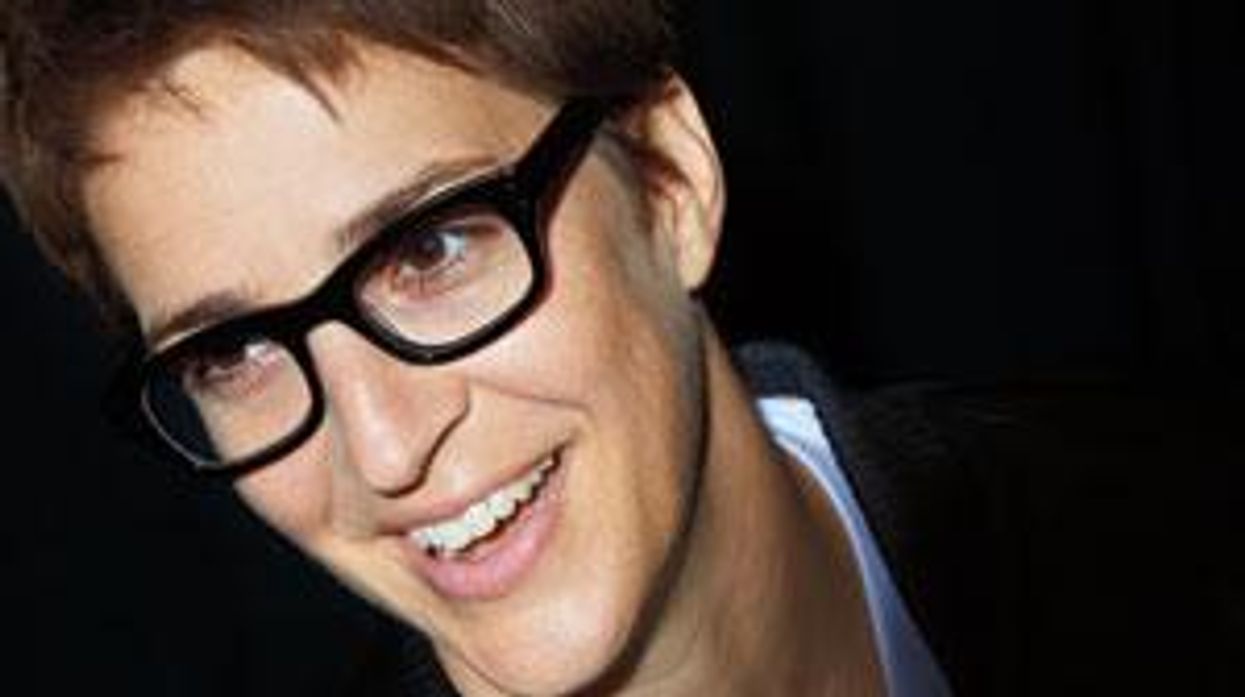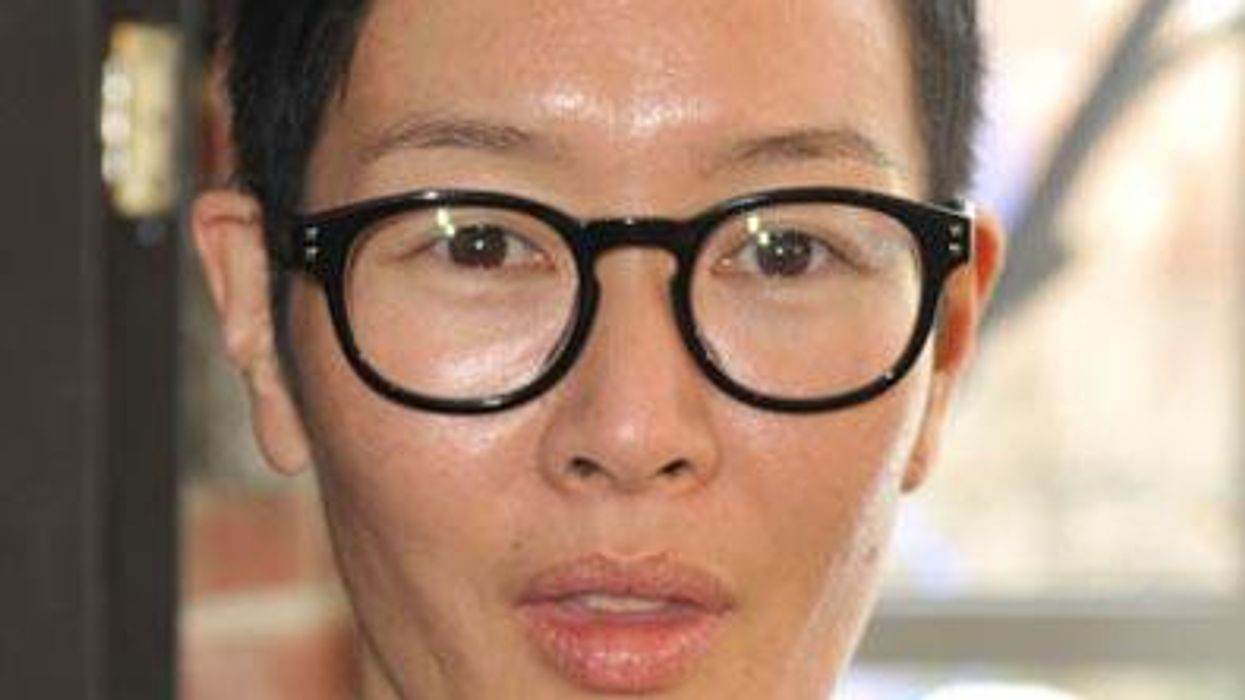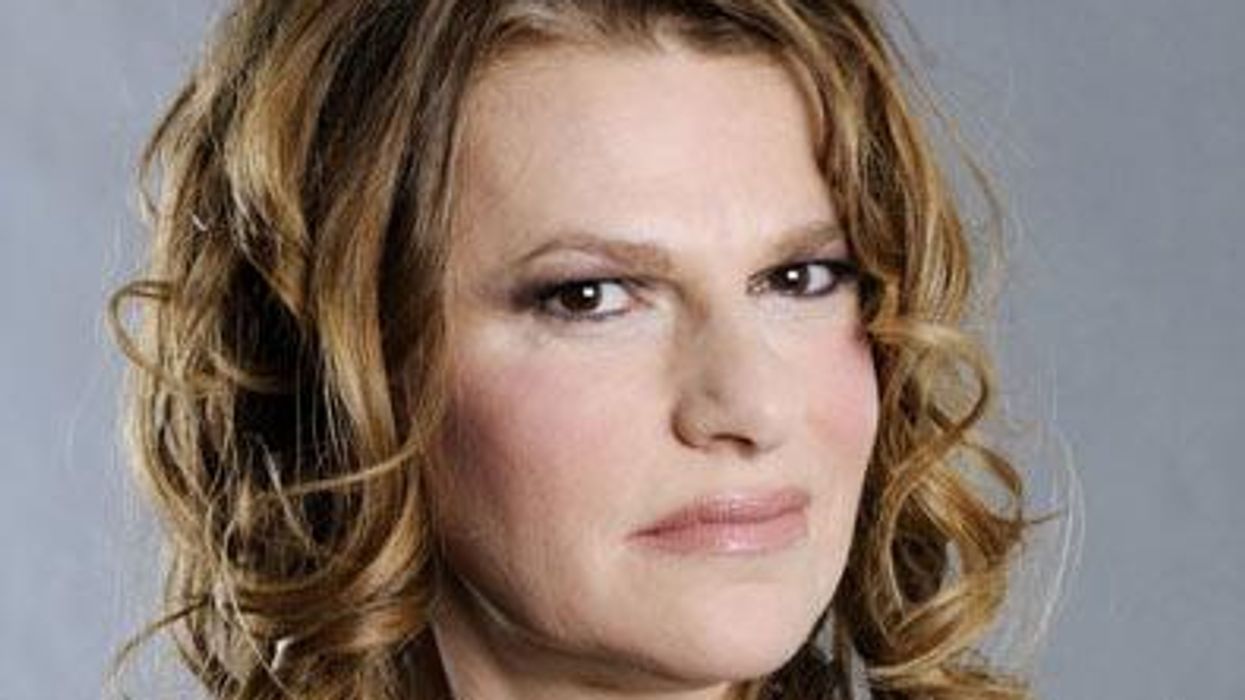After coming out to his parents at 18, Wilson Cruz's father threw him out of the house, leaving him to live in his car for months. Cruz took off for Hollywood, but he refused to hide his sexuality. His approach worked and landed him his breakout role in 1994 on the TV drama My So-Called Life, playing Ricky Vasquez, a gay teenager.
As more TV and movie roles came his way, Cruz decided to try his luck on Broadway. In 1998, he took on the role of Angel, a young drag queen with AIDS, in Rent.
Today Cruz, 36, is more than just an actor. He's an advocate for the LGBT community. He's been honored by GLAAD with their Visibilidad Award, presented to Spanish-language members of the community who have made a difference in promoting equal rights, and he once sat on their board. We talked with Cruz about his approach to his career and why he's returning to his hometown of New York City, and we even got him to reveal his first celebrity crush.
Out: You first made the OUT 100 list in 1994. How is the Wilson Cruz of today different from the one of 16 years ago?
Wilson Cruz: There's a scientific theory that all of our cells regenerate, and we're actually a completely different person after seven years, so I don't think that person exists in many ways. In 1994, it was so very new and so very exciting. When you're 21, 22 years old, which is what I was, you feel like you have the ability to do everything and anything you could possibly want to do, and it's just a matter of willing it. I think now that I'm going to be 37, I know all of the hard work that goes into it. I think what I'm happiest about now is that I'm still here. I'm still making myself available to all of the opportunities that are presented to me.
Are those opportunities the reason for moving back to New York City?
It's home to me. I was born there. I left there with my family to come out here [to California] and make a new life. Then I went back years later and did Rent. Then I came back out here because I did the last season of Party of Five.
So are you coming back for Broadway?
I'm coming back to New York to make myself available to do Broadway because it's so difficult to be in California and be available to New York. It happens so quickly. You have to be in the room. It's not something you can put yourself on tape for. I was out there [New York] in August, and I took a couple of meetings. I was actually encouraged by those meetings to come back and spend a good amount of time. I'd like to base myself there again.
You've said that being openly gay has made you a better actor. However, do you feel it's kept you from certain roles?
There's no easy way of answering that because I don't really know. I'm not in that room when those decisions are made. I'm sure that at some point in the last 16 years somebody has said, 'You know, we can't hire him because of this or that.' See, those are people I don't necessarily want to work with anyway. Those aren't creative types who are open to thinking outside the box. The way that you stay sane as an actor in Los Angeles, or even in New York, is that you make yourself available, and the roles you're supposed to get are the roles that you get, and the roles you're not supposed to get, someone else gets. That's how you can maintain friendships and sanity in this industry.
That's a good philosophy.
It's the only way to survive. My job is to show up and do the best possible job that I can do. Someone else is in charge after that.
It's been said that it's harder for minorities to be open about their sexuality. Would you say that's true?
I wouldn't say that it's harder. I think it's different because of cultural reasons. I'm not going to say that my struggle or the struggle of my African-American or Latino friends is harder than our white counterparts. It's just different. We have Catholic influences. We're less tolerant. So it takes a minute for us. There's probably less information within our communities that makes the process of coming out different, but I hesitate to say it is more or less difficult for anybody else. I think everybody has a difficult time.
GLAAD recently released a study that said there are record amounts of LGBT characters on television. Are you happy with the portrayals you've seen?
No. No. Yes, we have more GLBT characters. My issues are: What are those characters doing on those shows? Are they just saying so-and-so is gay, and then we don't actually deal with the fact that they're gay? We don't actually see them have a partner or even see their lives. It's just easy to say some person is gay. Then there's the issue of are they always white, funny men? If that's all we get defined as on television, then that's not really showing the diversity within our community, which is vast.
In May, Outfest honored you for your 'groundbreaking' career. Would you agree that it's been groundbreaking?
I wouldn't say I was groundbreaking -- I leave that to other people to say. I feel like I have been doing what I always said I would do. My goal was to be a working actor. I've been able to do that, and I'm very proud of that. To start my career as an openly gay man of color and to still be here after all these years, working and doing it on my own terms, is all I ever wanted. The fact that I'm still doing it is something I'm grateful and proud of. I do hope that it's made it easier for other people to do it.
You recently did an ad for the repeal of don't ask, don't tell. Do you feel that should be behind us by now?
Ah, Lord. Yeah. Look, I come down on two sides of this. We're all very aware that the President, who I supporter, could very easily sign a piece of paper -- an executive order -- and do away with a very ugly part of our history. I also know that he is trying to go through a process in which once we get rid of don't ask, don't tell, it will be gone forever. I also know that the only way we're ever going to progress as a movement is if we continue to put pressure on our leaders to fulfill their promises.
If you thought that was a tough question, how about this one: Who was your first celebrity crush?
[Laughing] Really?
Yes!
Scott Baio.
Because of Charles in Charge?
Both Charles in Charge and Joanie Loves Chachi. So much so that my younger brother, Josh -- he's eight years younger than I am -- my grandmother had a very thick accent. She would say Joshie, but it kind of sounded like Joj-jie. So I started calling him Chachi because of the way she would say it. To this day, we still call my little brother Chachi. He's going to love this!
You once said about My So-Called Life: 'I don't know that I'll ever be more proud of anything in my life or career. I hope to be as satisfied in my work someday as I was when I was doing that.' Why is that?
I think because it was my first big foray into entertainment. It was so personal on so many levels. Ricky Vasquez was kind of like my alter ego in so many ways. Playing him was so cathartic. I was able to walk in his shoes and walk through so many painful experiences and then walk away from them and leave them there on that set. The fact that I was able to do that and entertain and inform other people is probably a once in a lifetime experience. I don't know if any actor gets that opportunity, and the fact that I got to do it so early on is something that even while it was happening, I was aware of how rare it is.
For more from Wilson Cruz, follow him on Twitter. Send a letter to the editor about this article.



